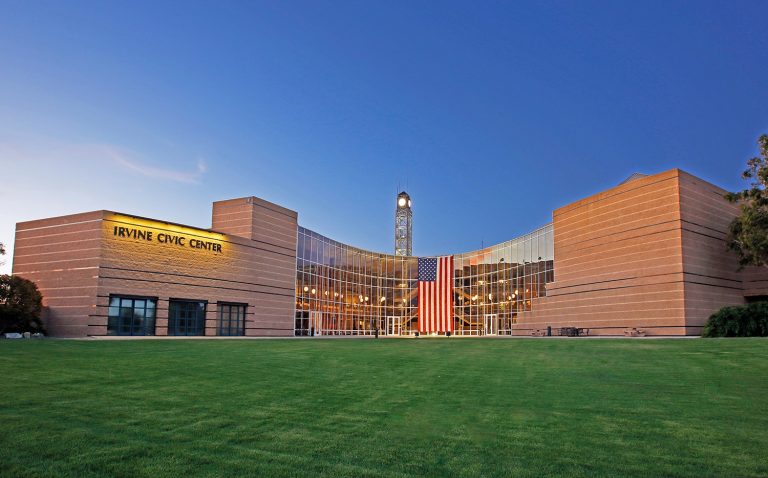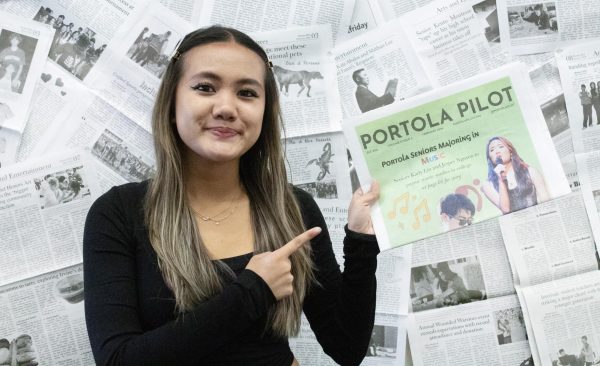Irvine residents will participate in a general municipal election to elect a mayor for an at-large two-year term and four city council members on Nov. 5, according to the City of Irvine. Council members will be elected from specific districts: three from Districts 2, 3 and 4, each serving four-year terms and one from District 1 for a two-year term.
Early voting began 11 days before Election Day, while vote-by-mail ballots were sent to registered voters 29 days ahead. The election is formally initiated each June every two years when the City Council calls for the General Municipal Election and requests the Orange County Board of Supervisors to consolidate the election with statewide voting.
Nomination periods for candidates open 113 days before Election Day and close 88 days prior. During this time, the city clerk issues nomination papers, and candidates collect signatures.
City of Irvine public information officer Linda Fontes said that through the nominating process, candidates must obtain between 20 and 30 signatures of registered voters to be nominated.
Additionally, Fontes notes how city council candidates running for a district seat may only obtain signatures from registered voters within their respective district. Mayoral candidates may obtain signatures of any registered voter in the city.
Voter registration is required 15 days prior to Election Day, but same-day registration is available at designated vote centers and the Orange County Registrar of Voters office. Voting centers that residents of Irvine can attend include the Irvine City Hall, the Los Olivos Community Center and the Portola Springs Community Center.
California residents can go any day of the week and go and vote at various locations, according to mayoral candidate Ron Scolesdang’s campaign manager Arjun Patel.
“There’s so many different voting locations they mail ballots to you now,” Patel said. “So voting has become so much more accessible, we just want to make sure that everyone is sort of empowered to vote.”
The City of Irvine does not hold primary or runoff elections; if candidates receive an equal number of votes, the winner is chosen by random, such as picking names from a hat. Once elected, candidates take their seats at the City Council’s first December meeting, ready to serve the city for their respective terms.




